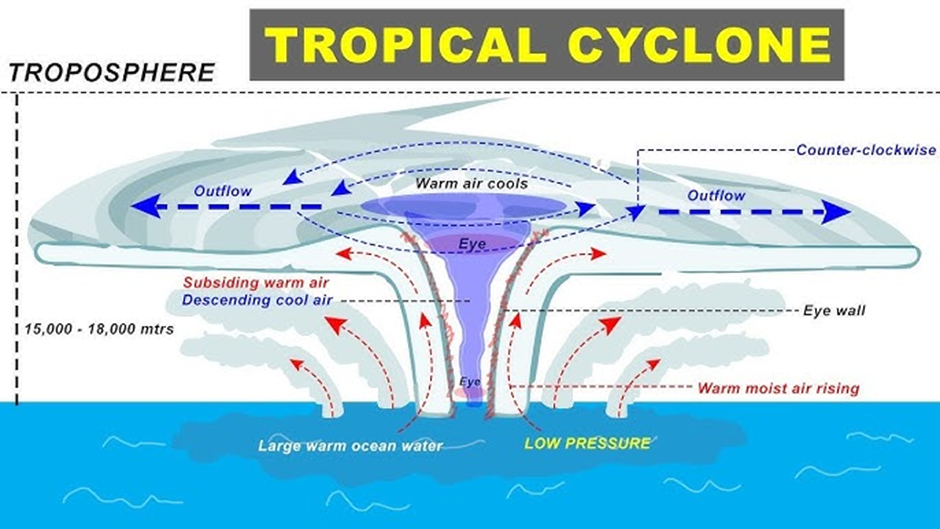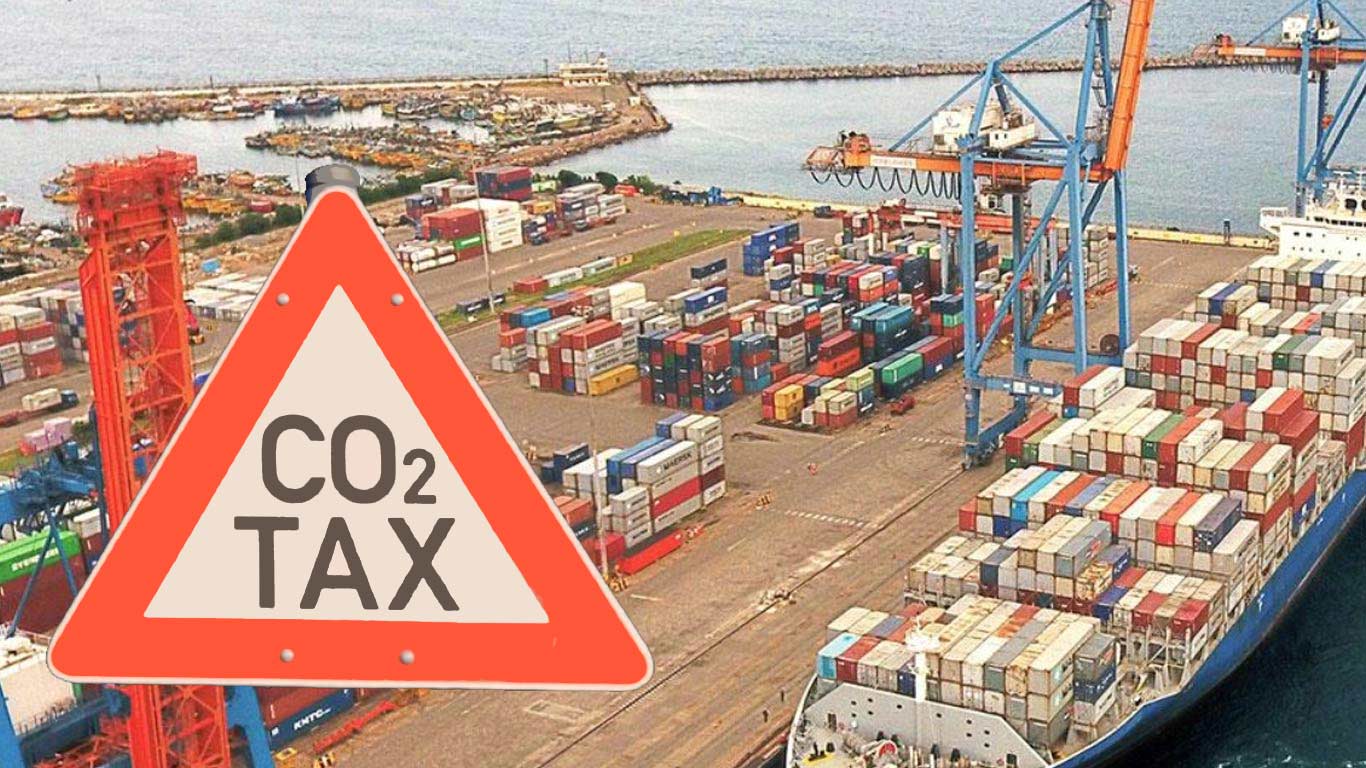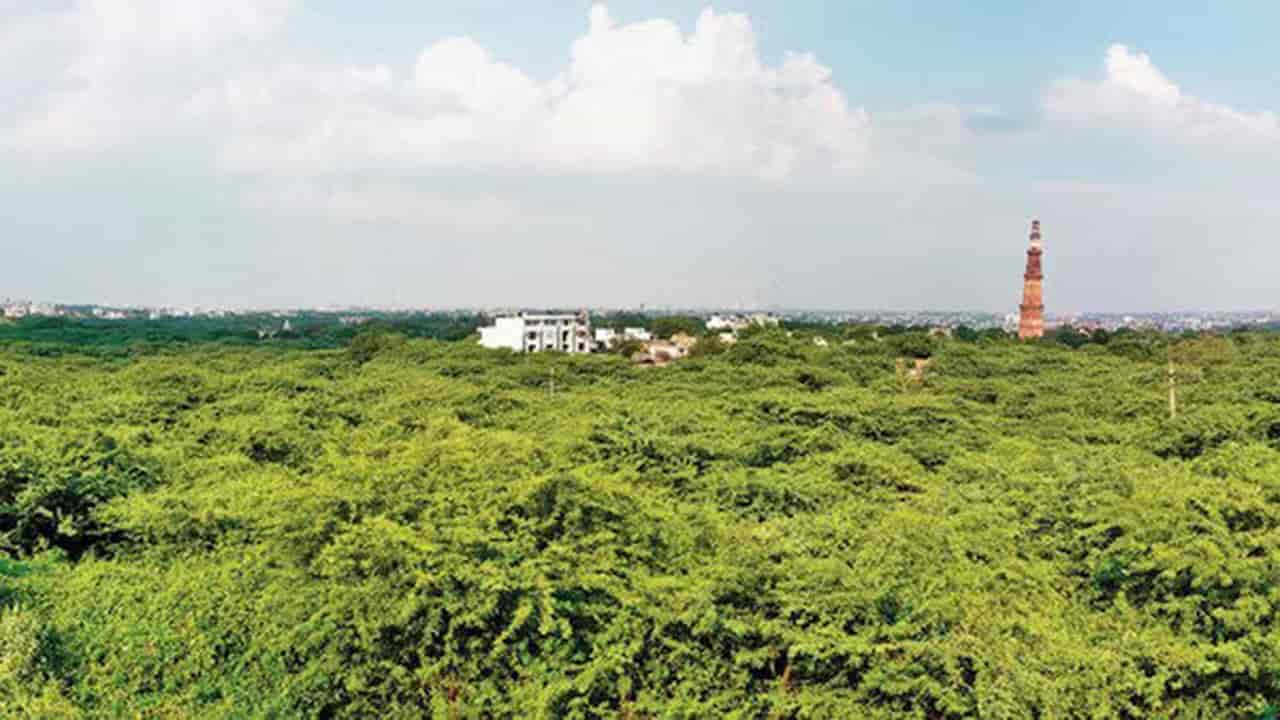- Courses
- GS Full Course 1 Year
- GS Full Course 2 Year
- GS Full Course 3 Year
- GS Full Course Till Selection
- Online Program
- GS Recorded Course
- NCERT (Recorded 500+ Hours)
- Polity Recorded Course
- Geography Recorded Course
- Economy Recorded Course
- AMAC Recorded Course
- Modern India, Post Independence & World History
- Environment Recoded Course
- Governance Recoded Course
- Science & Tech. Recoded Course
- International Relations and Internal Security Recorded Course
- Disaster Management Module Course
- Ethics Recoded Course
- Essay Recoded Course
- Current Affairs Recoded Course
- CSAT
- 5 LAYERED ARJUNA Mentorship
- Public Administration Optional
- ABOUT US
- OUR TOPPERS
- TEST SERIES
- FREE STUDY MATERIAL
- VIDEOS
- CONTACT US
Uncommon Cyclones in the Arabian Sea
Uncommon Cyclones in the Arabian Sea

Recently, the Arabian Sea experienced a rare cyclone named Asna in August. This is unusual because cyclones in the Arabian Sea are not common during this time of the year. Asna’s formation has highlighted how climate change is influencing cyclone patterns in this region.
What is Cyclogenesis?
Cyclogenesis is the process by which cyclonic circulation develops or strengthens, leading to the formation of cyclones. This usually involves the development of low-pressure systems that draw in moisture and energy from the ocean.
Factors Contributing to Cyclogenesis in the North Indian Ocean
Oceanic Tunnels:
- Pacific Tunnel (Indonesian Throughflow): This channel brings warm water from the Pacific Ocean into the Indian Ocean, raising sea surface temperatures (SSTs) in the Arabian Sea. Warm SSTs can enhance cyclone development by increasing convection and moisture.
- Southern Ocean Tunnel: This brings cooler waters from below 1 kilometer depth, which stabilizes the lower ocean layers and limits the mixing of warm surface waters. Cooler waters can reduce SSTs and potentially suppress cyclone formation.
Pre and Post-Monsoon Cyclones:
- Cyclone Seasons: The north Indian Ocean has two cyclone seasons—pre-monsoon (April to June) and post-monsoon (October to December). The region’s unique climatic and oceanographic conditions, including seasonal wind reversals, influence these cyclone patterns.
- Pre-Monsoon: Cyclones can form in both the Arabian Sea and the Bay of Bengal due to warming and increased convection.
- Post-Monsoon: The Arabian Sea cools during this season, reducing cyclone formation, while the Bay of Bengal remains more favorable.
Impact of Climate Change on the Indian Ocean
Rapid Warming:
- Increased Heat: Climate change is causing the Indian Ocean to warm rapidly. Heat from the Pacific Ocean and warmer waters from the Southern Ocean contribute to this warming.
- Atmospheric Changes: Shifts in atmospheric winds and humidity due to global climate changes further intensify the warming.
Global Influence:
- Heat Balance: The Indian Ocean plays a role in modulating global climate by affecting heat uptake in the Pacific Ocean and water sinking in the North Atlantic Ocean.
- Cyclogenesis Impact: The warming impacts cyclone formation, frequency, and behavior, highlighting the region’s sensitivity to global climate changes.
Cyclone Asna
- Unusual Timing: Cyclone Asna, a rare August cyclone, is the first cyclone in the North Indian Ocean during August since 1981.
- Name Origin: The name Asna means “the one to be acknowledged or praised” and was given by Pakistan.
- Formation: Asna originated from a powerful low-pressure system over land, which typically forms over the Bay of Bengal. This system moved into the warm Arabian Sea, where it intensified due to global warming and regional conditions.
- Dissipation: Despite its initial strength, Asna dissipated when dry desert air entered its circulation.
Climate Change and Cyclones:
Climate change is making cyclones in the Indian Ocean more unpredictable. Factors like global warming, El Niño, and underwater volcanic eruptions contribute to extreme weather events. The monsoon season in India has become increasingly erratic, with unpredictable rainfall patterns.
Conclusion
The recent occurrence of Cyclone Asna in the Arabian Sea highlights the changing dynamics of cyclone formation in the region. Climate change is influencing cyclogenesis by altering sea surface temperatures, atmospheric conditions, and oceanic interactions. As the Indian Ocean continues to warm and climate patterns shift, the frequency and behavior of cyclones are expected to become more unpredictable. Understanding these changes is crucial for improving forecasting and preparedness for future extreme weather events.
Must Check: Best IAS Coaching In Delhi
UPSC Prelims Result 2024 Out: Expected Cut Off & Other Details, UPSC Prelims 2024 Answer with Explanation, Daily Prelims Quiz, Daily Current Affairs, MONTHLY CURRENT AFFAIRS TOTAL (CAT) MAGAZINE, Best IAS Coaching Institute in Karol Bagh, Best IAS Coaching Institute in Delhi, Daily Mains Question Answer Practice, ENSURE IAS UPSC Toppers, UPSC Toppers Marksheet, Previous Year Interview Questions, UPSC Syllabus




